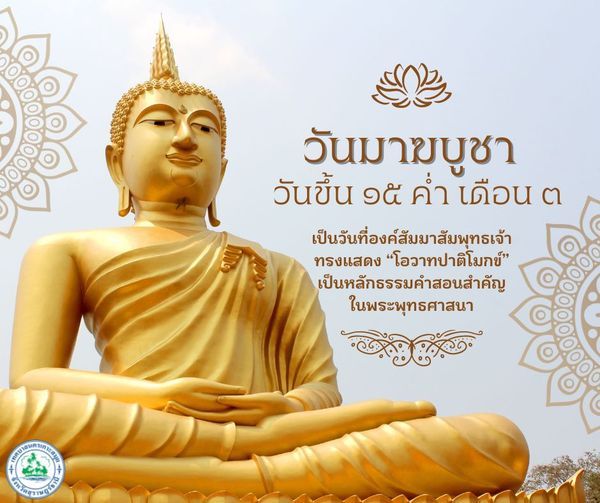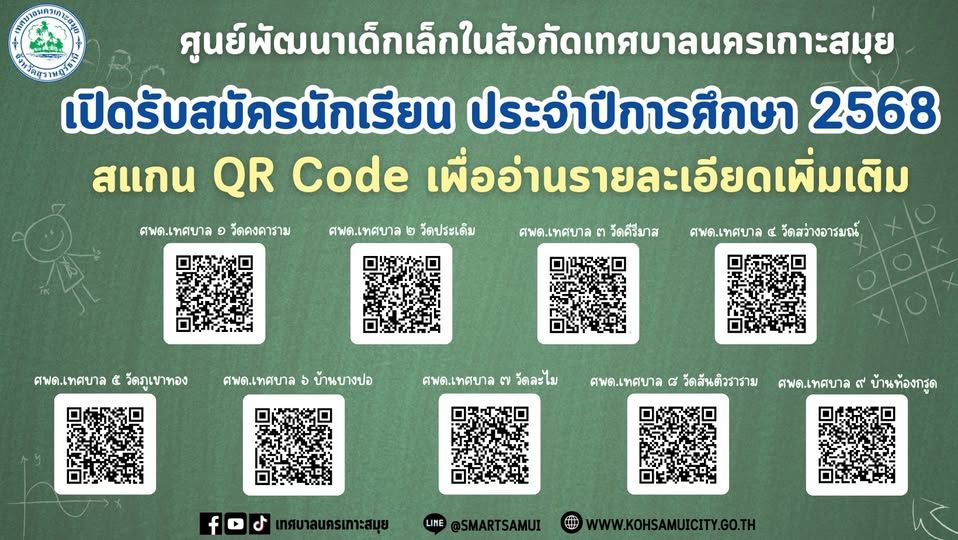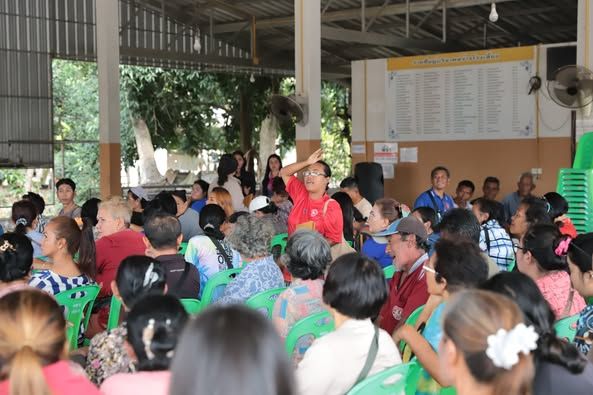Celebrate Makha Bucha Day in Thailand and around the world, honoring the teachings of Lord Buddha and focusing on good deeds, refraining from harm, and pursuing mental purity. Reflect on the four miraculous events of this sacred day and join millions on the path to enlightenment. 🌕🙏 #MakhaBuchaDay #Buddhism #SpiritualJourney #Thailand #Enlightenment #BuddhistHoliday
Makha Bucha Day is one of the most revered Buddhist holidays, observed with great respect in various parts of the world, especially in Thailand. This day commemorates a significant event in the life of the Lord Buddha and the foundational principles he imparted to his disciples.
The Essence of Ovādapāṭimokkha
The heart of Makha Bucha Day rests in the Ovādapāṭimokkha, the essential doctrine that the Lord Buddha first presented to his monks. This happened nine months after his own journey to enlightenment reached its pinnacle. The teachings imparted on this day centered around three pivotal actions: committing oneself to good deeds, refraining from harmful actions, and pursuing mental purity. These guiding tenets form the bedrock of Buddhist practice.
Fourfold Miracles on a Sacred Day
The uniqueness of Makha Bucha is further accentuated by four miraculous occurrences that took place on this auspicious day, all of which hold profound significance for Buddhists:
The Full Moon of the Third Lunar Month
The full moon that marks Makha Bucha Day is not an ordinary one. It is celebrated when the moon enters its Makha phase, which happens in the third lunar month. This celestial alignment is considered highly auspicious and a harbinger of positive spiritual energies.
The Spontaneous Gathering at Weluwan Temple
In an extraordinary turn of events, 1,250 monks convened at the Weluwan Temple located in the ancient city of Rajgaha, Magadha. This spontaneous assembly was remarkable because it occurred without any prior planning or invitation.
The Assembly of Enlightened Monks
Adding to the day’s spiritual import was the fact that every monk present at the gathering had attained the status of an Arahant. These were individuals who had realized the six higher knowledges, marking significant spiritual achievements.
The Direct Ordination by the Buddha
Each monk at the gathering shared a unique spiritual connection with the Buddha, having been ordained directly by him. This form of ordination is known as “Ehi Bhikkhu Upasampada,” which underscores a direct and personal link to the teachings of the Buddha.
Makha Bucha Day serves as a time for reflection, spiritual renewal, and reaffirmation of one’s commitment to the path laid out by the Buddha. It’s a day rich in history and spiritual significance, reminding practitioners and followers of the profound teachings that continue to guide millions of people on their path to enlightenment.
Frequently Asked Questions
What is the essence of Makha Bucha Day and why is it so significant in Buddhist tradition?
The essence of Makha Bucha Day is encapsulated in the Ovādapāṭimokkha, which represents the core teachings Lord Buddha first presented to his monks. This happened nine months after he achieved enlightenment. The day focuses on three central practices: committing to good deeds, avoiding harmful actions, and pursuing mental purity. These principles are the cornerstone of Buddhist practice and mark Makha Bucha Day as a time for reflection and spiritual dedication, making it one of the most revered Buddhist holidays, particularly in Thailand.
How does the full moon relate to Makha Bucha Day?
The full moon that signals Makha Bucha Day is not just any full moon; it occurs when the moon is in its Makha phase during the third lunar month. This specific celestial event is seen as extremely auspicious within Buddhism, believed to usher in positive spiritual energies. The full moon’s alignment during this time enhances the day’s sacredness and is celebrated as a harbinger of miracles that the day commemorates.
Can you describe the four miraculous events associated with Makha Bucha Day?
Certainly, there are four miraculous events that give Makha Bucha Day its profound spiritual resonance:
-
The Full Moon of the Third Lunar Month: This special full moon is key to the celebration and is considered highly auspicious.
-
The Spontaneous Gathering at Weluwan Temple: An extraordinary convergence of 1,250 monks at this temple occurred without any prior arrangement, signifying a miraculous and serendipitous assembly.
-
The Assembly of Enlightened Monks: Each monk in attendance had reached the status of an Arahant, having realized the six higher knowledges, denoting significant spiritual attainment.
-
The Direct Ordination by the Buddha: Each monk had also been ordained directly by the Buddha himself, known as “Ehi Bhikkhu Upasampada,” signifying a personal spiritual bond to his teachings.
These events underscore the day’s importance and are thought to reflect the Buddha’s spiritual influence and the profound tenets of Buddhism that guide followers towards enlightenment.




